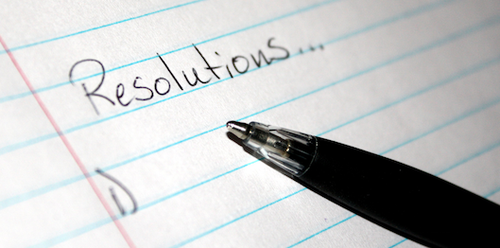
Changing Learning Habits (Covid series: 12 of 15)
It is accepted wisdom that tiny tweaks in our habits are easier to achieve and more successful than big changes. It takes about thirty days of consciously changing a habit in order to break the cycle. These tiny tweaks can add up to a radical change in our instinctive behaviour, so the message seems to be to break down your goal into small, manageable steps and pat yourself on the back every time you knock one off the list. After all, success breeds success.
General learning habits have altered drastically in the last twenty years. Students no longer have to rely solely on visiting a library and searching for relevant information in dusty tomes; much of the information can be sourced through the internet without getting out of bed. Most no longer carry A4 notepads into lectures, rather they use a tablet or laptop to take notes. They may even use a voice recorder in order to re-listen to the information later at leisure, assuming the lecturer isn’t publishing the lecture as a podcast after the event as well. With technology now playing a central role in educational study, what small tweaks can individual learners make to improve their behaviour and outcomes?
Setting goals to use both as a target and also as a measure of recording achievement remains important: the habit of goal-setting teaches learners the important lesson of the positive effect that planning can have on achieving the outcome of a goal; it enables them to take responsibility for their own outcomes, which in turn leads to higher motivation. Recording achievements is also a key motivating tool when studying. The practice of reflecting on what an individual has achieved can spur one on to finishing a task. On a practical level, it is useful to have a reference list of achievements when it comes to writing or updating a CV.
This post is an update of the original from Coracle posted on 4th December 2013.